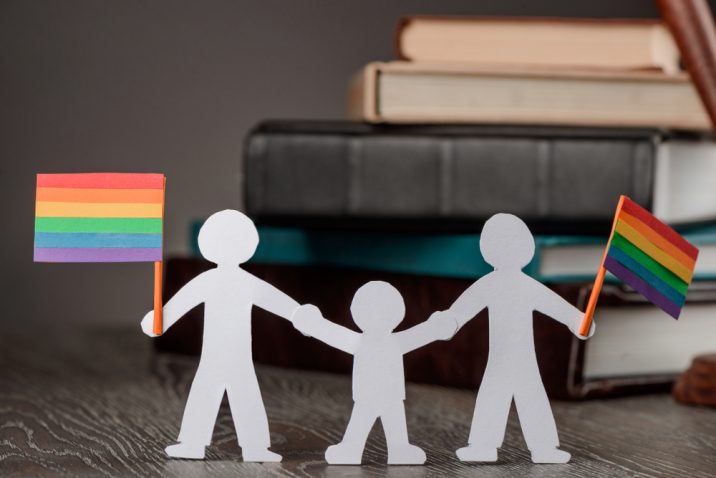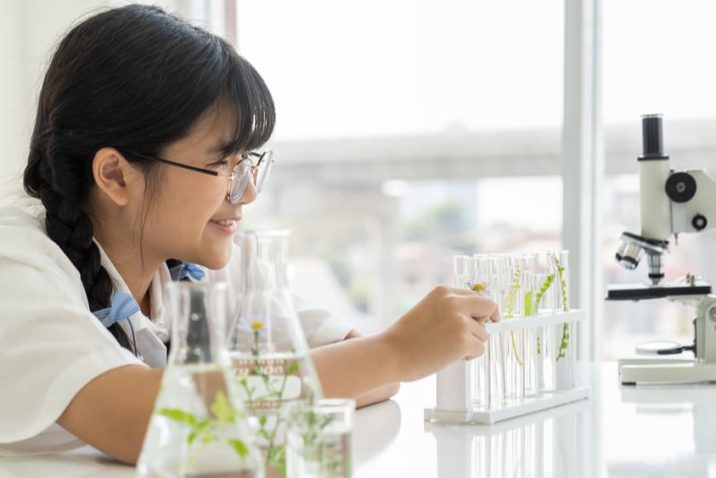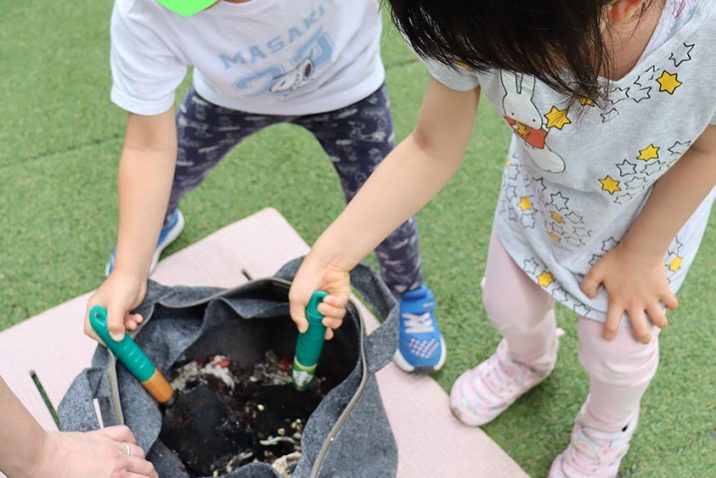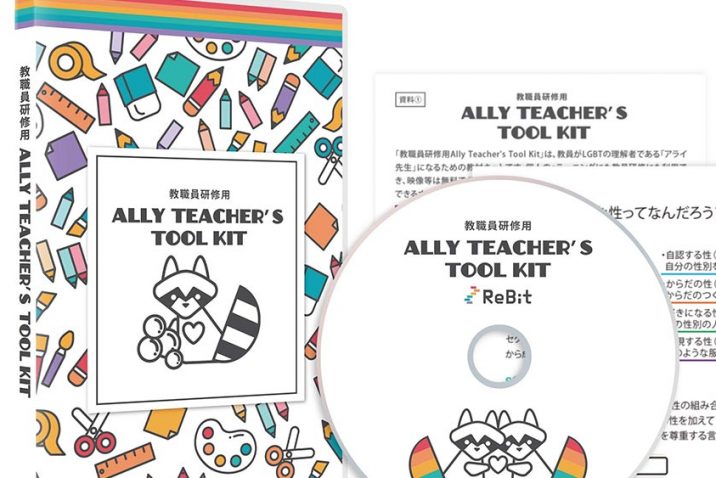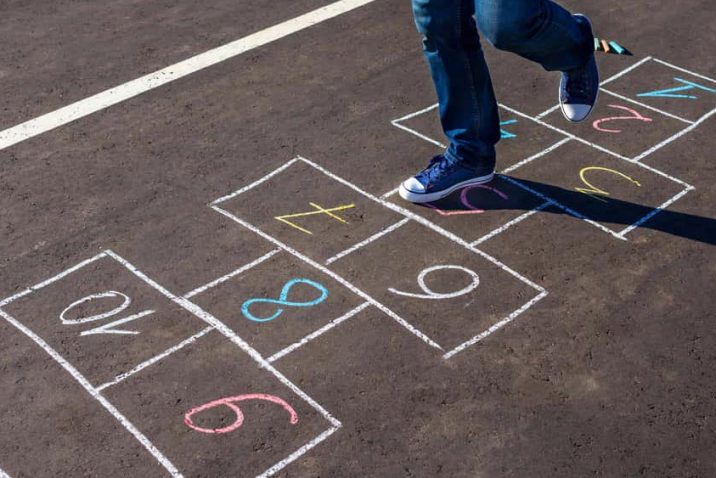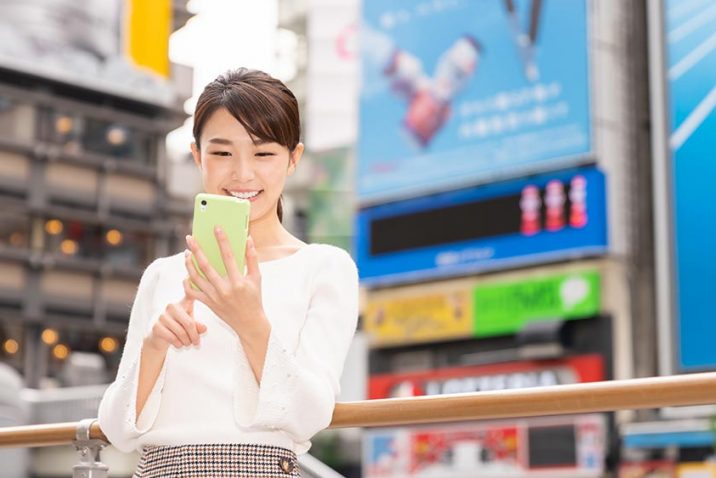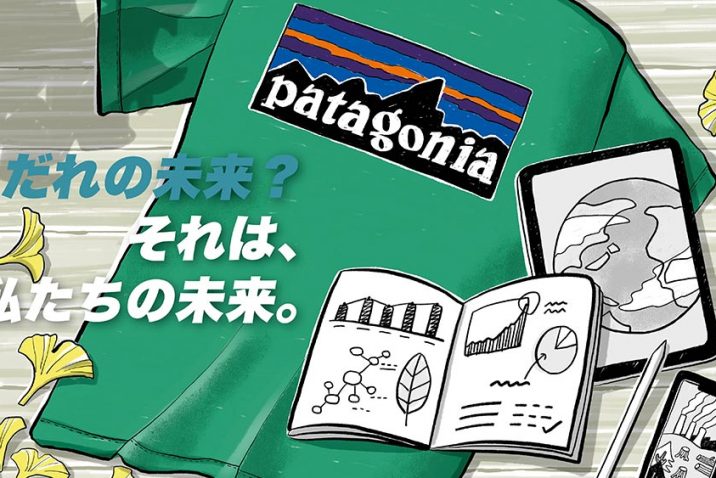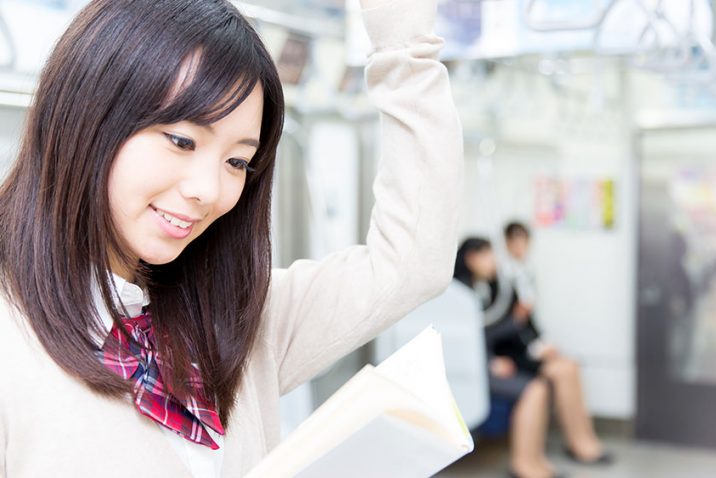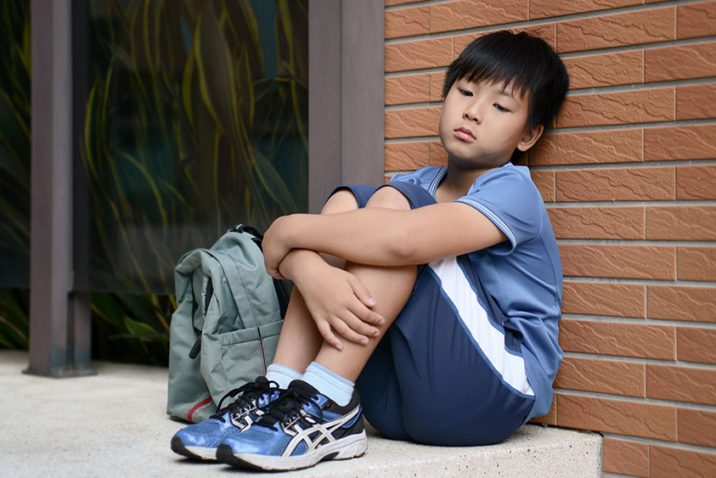Although there is still much work to do, educational institutions in Japan are slowly starting to acknowledge and, in some cases, celebrate the LGBT community. The first to make these changes have been some international schools and universities...
Gender bias is when a person or society unconsciously holds fixed assumptions or prejudices about gender differences and gender roles. In Japan, there is a slang term for women in the sciences called “rikejo.” The very fact that such a...
Sustainably protecting the Earth’s environment is not something you can do overnight. Decades of hard effort across multiple generations is needed to truly make it happen. It’s important that the children of today understand what needs to be done to...
Two food companies and a group of students have collaborated to develop a new product, Sustainable Shrimp Cracker, made from two kinds of food waste. The first source of food waste comes from the heads of sweet shrimp, leftover in the process of...
Did you know that about 70% of LGBT children have experienced bullying at school? It’s challenging to truly understand what LGTB students go through at school, especially during puberty when they start to realize their sexuality. That’s...
Six years of elementary school and three years of junior high school: nine years of compulsory education is provided at almost no cost to every child in Japan. Students spend approximately 200 days at school every year, taking 945-980 hours of...
About 80% of consumers are willing to buy more eco-friendly and ethical products in Japan. Yet, when we want to eat an organic or plant-based diet, or purchase plastic-free or zero waste products in Japan, we might have difficulties discovering...
Popular American outdoor clothing and gear maker Patagonia Inc., for the silent sports including climbing, surfing, skiing, snowboarding, has long been known for its leadership in taking action to reduce environmental impact. With a mission...
Suppose you live in a rural area of Japan and about to become a college student. The chances are that you will move to a larger city like Tokyo, Osaka or Aichi prefecture after graduating high school. The reason is clear. Because among the 782...
One in seven Japanese children live in poverty today. The negative effects of this on both individual and societal level are enormous. Children in need find it difficult if not impossible to break the cycle of poverty and improve their life...


